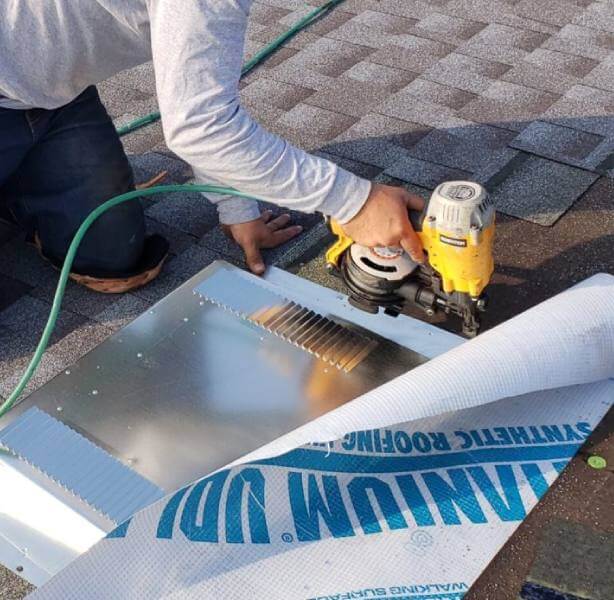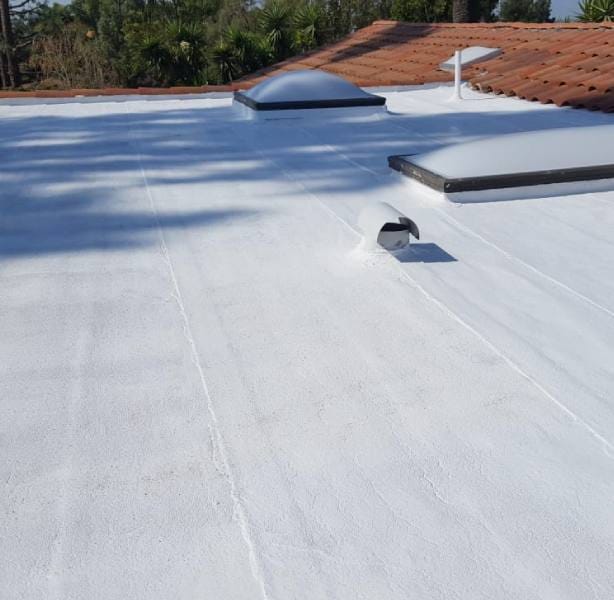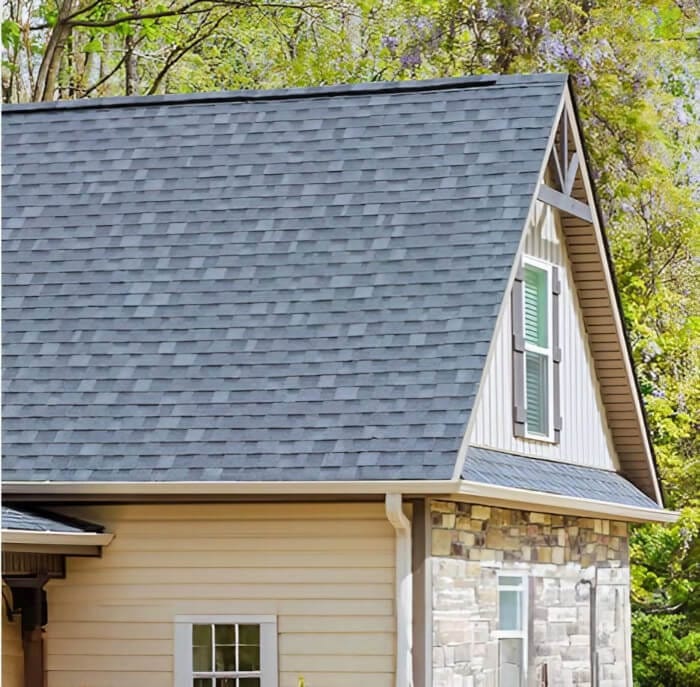Why Are Commercial Roofs So Expensive?
Introduction
When it comes to commercial properties, one of the most significant investments you'll make is in the roofing system. Many business owners often find themselves wondering, "Why are commercial roofs so expensive?" This question isn't merely about numbers; it's a reflection of the various factors that contribute to the overall cost of commercial roofing. In this article, we will delve deep into the complexities surrounding commercial roofing prices, exploring why they can be considerably higher than residential roofs. By understanding these elements, you’ll be better equipped to make informed decisions regarding your roof and possibly even save money in the long run.

Table of Contents
- What is Commercial Roofing?
- Types of Commercial Roofing Systems
- Material Selection
- Labor Costs
- Design Complexity
- Understanding Quality Materials
- Long-Term Cost Benefits
- Impact of Size on Pricing
- Unique Configurations and Their Costs
- Local Building Codes Explained
- How Regulations Affect Costs
- Regional Variations in Roofing Costs
- Climate Considerations
- Importance of Regular Maintenance
- How Lifespan Affects Overall Cost
- Understanding Warranties
- The Role of Insurance in Cost
- Energy-Efficient Roofing Options
- Long-term Savings from Green Roofs
- Importance of Hiring Local Experts
- Questions to Ask Your Contractor
Understanding Commercial Roofing
What is Commercial Roofing?
Commercial roofing refers to roofing systems specifically designed for business or industrial properties rather than residential homes. These roofs serve myriad purposes beyond just covering the building; they often house ventilation systems, machinery, and even solar panels.
Types of Commercial Roofing Systems
- Flat Roofs: Common in urban settings due to their space-saving design.
- Metal Roofs: Known for durability but may have a higher initial cost.
- TPO (Thermoplastic Olefin): A popular choice for its energy efficiency.
- EPDM (Ethylene Propylene Diene Monomer): A synthetic rubber that's cost-effective.
- Built-Up Roofing: Composed of multiple layers for added protection.
Factors Influencing Cost
Material Selection
The materials chosen for your commercial roof significantly impact the overall cost. High-quality materials may have a steep upfront price but tend to offer better performance over time.
Labor Costs
Labor costs can vary based on the complexity of installation, regional wage differences, and the expertise required for specific roofing reliable commercial roofing firms systems.
Quality vs. Price
Understanding Quality Materials
Investing in high-quality materials often pays off in terms of longevity and reduced maintenance needs.
Long-Term Cost Benefits
While cheaper options may reduce immediate expenses, they can lead to higher costs over time due to repairs or premature replacements.
Roof Size and Configuration
Impact of Size on Pricing
Larger roofs require more materials and time for installation, leading to heightened costs.
Unique Configurations and Their Costs
Irregularly shaped roofs or those with multiple levels may pose challenges that increase labor costs.
Building Codes and Regulations
Local Building Codes Explained
Each locality has specific building codes that dictate what materials can be used and how structures should be built.
How Regulations Affect Costs
Compliance with these regulations typically adds an extra layer of expense due to permits, inspections, and potential redesigns.

Geographical Influence on Pricing
Regional Variations in Roofing Costs
Costs can fluctuate dramatically from one region to another based on local economies, availability of materials, and labor rates.
Climate Considerations
Different climates necessitate different types of roofing materials—what works well in a dry climate might not be suitable for areas with heavy rainfall or snow.
Maintenance and Lifespan
Importance of Regular Maintenance
Routine maintenance helps extend a roof's lifespan but requires an investment that many property owners overlook initially.

How Lifespan Affects Overall Cost
A longer lifespan means fewer replacements or repairs over time—this is crucial when calculating total ownership costs.
Warranty and Insurance Factors
Understanding Warranties
Comprehensive warranties can add peace of mind but may also come at an additional cost depending on coverage levels.
The Role of Insurance in Cost
Insurance premiums might vary based on roofing type; some materials could lower your insurance costs because they're deemed safer or more durable.
Energy Efficiency and Sustainability
Energy-Efficient Roofing Options
Investing in energy-efficient options can lead to lower utility bills—consider options like reflective membranes or green roofs that provide insulation benefits as well as aesthetic value.
Long-term Savings from Green Roofs
Green roofs not only improve insulation but also contribute positively towards stormwater management—while they might require higher upfront investment, their eco-friendliness can result in tax incentives or grants.
Choosing a Commercial Roofing Company Near Me
Importance of Hiring Local Experts
When searching for a “commercial roofing company near me”, it’s essential to select local contractors who understand regional weather patterns and building codes thoroughly.
Questions to Ask Your Contractor
Before making a final decision, ask about their experience with similar projects, warranty options available, licensing information, etc., ensuring you're well-informed about their capabilities before committing financially.
FAQs
Why are commercial roofs more expensive than residential ones?
Commercial roofs typically use more durable materials designed for longer lifespans due to greater exposure to environmental challenges compared with residential roofs.
What factors should I consider when budgeting for a new commercial roof?
Consider material selection, labor costs, size/configuration complexities, compliance with building codes/regulations as well as warranties offered by contractors.
Are there financing options available for commercial roofing projects?
Many reputable contractors offer financing plans tailored specifically for larger projects; consult your contractor directly about available options.
How do I determine if my roof needs repair or replacement?
Signs include leaks inside your property after rainstorms along with visible wear-and-tear such as cracked shingles or blistering surfaces—consulting an expert is always advisable.
Can I install a green roof myself?
While DIY installations might seem tempting due to perceived savings upfront; specialized knowledge about waterproofing requirements makes hiring experienced professionals wiser long-term!
6: "What's included in typical roofing warranties?"
Warranties usually cover defects related solely attributable material failure under standard usage conditions; specifics vary widely between manufacturers/contractors!
Conclusion
So there you have it! Through understanding why commercial roofs are so expensive—from material choices to labor requirements—you’re now equipped with vital knowledge that’ll help guide you through decisions regarding your property's roof system confidently! Investing wisely today ensures protection against future headaches while maximizing return-on-investment down-the-line! Always remember: opting for quality will save you money over time even if it feels like splurging initially!
In summary: when considering work done on your roof don’t hesitate asking around & searching online using phrases like "commercial roofing company near me" until finding someone reputable who meets all criteria set forth during this discussion today! Happy roofing!